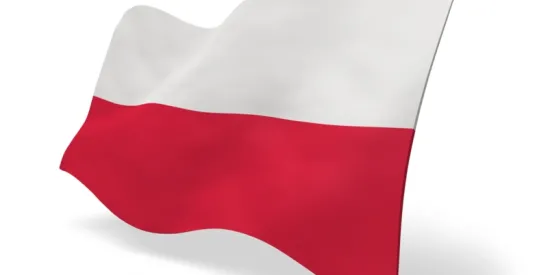On 28 October 2020, the Supreme Court’s Emergency Control and Public Matters Chamber acknowledged an emergency complaint lodged by the Prosecutor General and revoked an order for payment issued against a consumer under a blank promissory note securing repayment of a bank loan. The Supreme Court ruled that the order for payment, issued by the District Court in the payment order proceedings, violates constitutional consumer protection (Article 76 of the Constitution) and fails to protect the consumer from unfair market practices listed in Directive 93/13/EEC.
Consumer Rights v. Pursuing Bill of Exchange Claims
In the Supreme Court’s assessment, the court conducting the payment order proceedings under a promissory note securing a consumer loan agreement may not derogate the European consumer laws. The purpose of the European consumer law, in turn, is to even out the disproportions between consumer and entrepreneur rights.
That said, the Supreme Court referred to the ruling issued by the Court of Justice of the European Union (CJEU) in C-176/17 (Profi Credit Polska), whereby consumer rights under European law may only be successfully protected if the national process enables ex officio control of abusive terms of an agreement.
Consequently, the Supreme Court ruled that the court conducting the payment order proceedings under a promissory note securing a consumer loan agreement may not derogate the European consumer laws by proceeding solely pursuant to the Code of Civil Procedure, which prohibits taking into consideration the terms of the consumer loan agreement in the payment order proceedings under a promissory note.
Underdog Protection
As indicated by the Supreme Court, the democratic rule of law requires the state authorities to prevent deepening disproportions between the social partners.
In the Supreme Court’s assessment, the District Court should have ex officio acknowledged the abusive nature of the terms of the agreement, even if the consumer had not sought that. When assessing the gross consumer interest violation prerequisite, one ought to bear in mind the mechanism of shaping the borrower rights and obligations stipulated in the agreement.
What Follows?
As a consequence of the Supreme Court ruling and in light of the EU consumer rights regulations, when adjudicating promissory note amounts against a consumer, the Polish courts will not be able to examine only the formal requirements to issue an order for payment under a promissory note. Seeing as the Polish civil procedure in the case at hand does not pose other requirements for issuing an order for payment than the formal ones, the legislator’s involvement, which would provide the courts with a legal basis for also examining the validity of a given consumer agreement, would be helpful.
At this point, the Supreme Court ruling will certainly not end the use of blank promissory notes in consumer agreements, as they continue to be an easy and cheap way of pursuing promissory note claims in payment order proceedings. Nonetheless, banks will cease to consider blank promissory notes as a certain and irrefutable collateral of claims against consumers.




 />i
/>i

